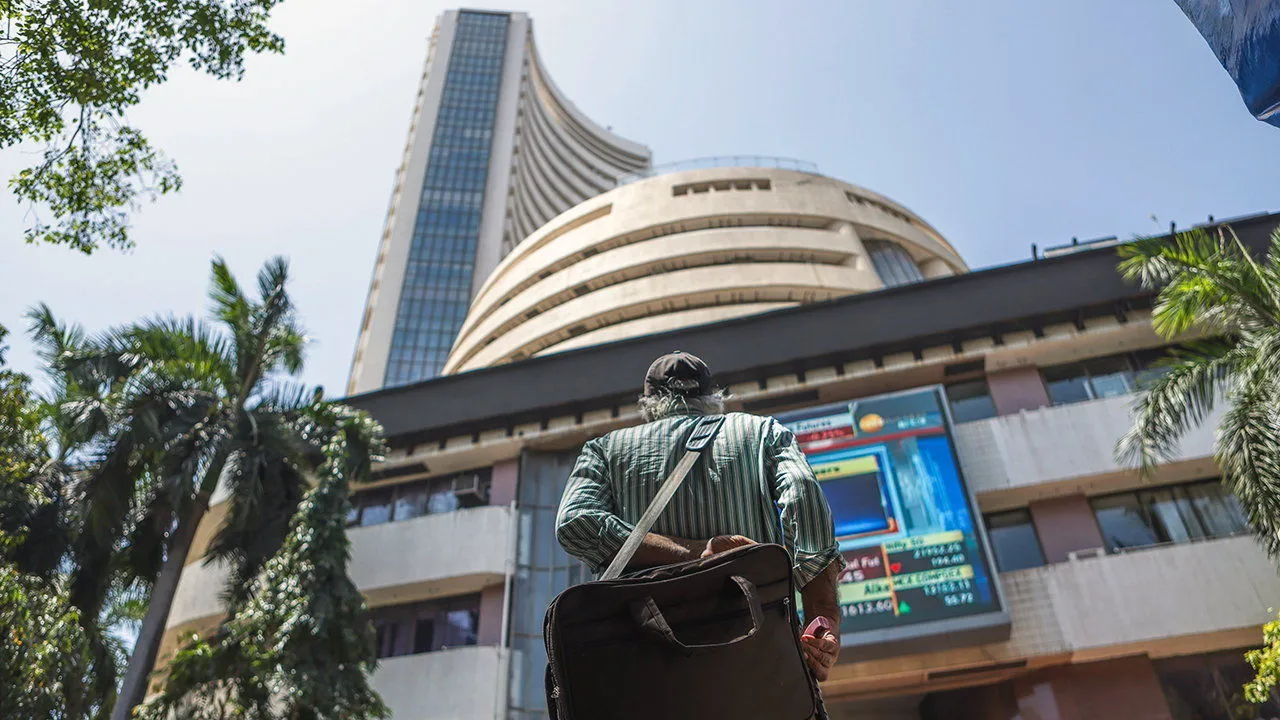Investors seeking firms with the potential to become the “blue chip companies of tomorrow” should turn their attention to India, Kunal Desai of GIB Asset Management recently said.
In an interview with CNBC, Desai highlighted India’s strategic geopolitical advantage in what he refers to as the “Trump 2.0 era,” positioning the country as a key player in a potential trade shift between the U.S. and China.
With President-elect Donald Trump promising steep tariffs on Chinese imports, analysts suggest that India stands to gain. Companies may increasingly relocate manufacturing to India to sidestep U.S. duties on Chinese goods, bolstering India’s appeal as a rising economic powerhouse.
Desai described India as “probably one of the most attractive, secular and scalable investment opportunities globally.”
Highlighting several compelling factors underpinning India’s investment potential, Desai pointed to the nation’s monetary sovereignty, an improving return on equity — a critical metric of corporate profitability — and growing private sector investment as reasons for optimism.
For Desai, “one of the most attractive areas is cables, power cables and wires, which go into the development of urbanization and infrastructure projects in India.”
“And given the difficulties that Chinese companies have had from an export standpoint, a number of Indian companies are taking advantage as customers look to take a dual source approach to their supply chain,” Desai said.
India’s Manufacturing Boom Drives Growth
Analysts also credit Prime Minister Narendra Modi’s “Make in India” initiative for bolstering the manufacturing sector. The program encourages domestic production, reduces reliance on imports, and has led to significant policy reforms aimed at improving the ease of doing business. These changes have created opportunities across various industries, from textiles to technology.
Desai identified one particularly promising sector: cables, power cables, and wires. These products are integral to urbanization and large-scale infrastructure development projects currently underway in India. He emphasized that many companies in this space are not just focusing on the domestic market but are also leveraging their capabilities to expand internationally through exports.
With India’s strategic investments in infrastructure and a clear push toward becoming a global manufacturing hub, the country is attracting attention from investors seeking long-term growth opportunities in emerging markets.






